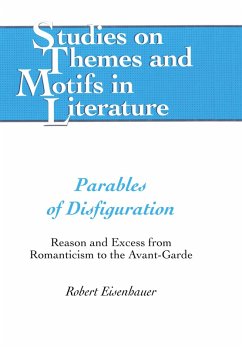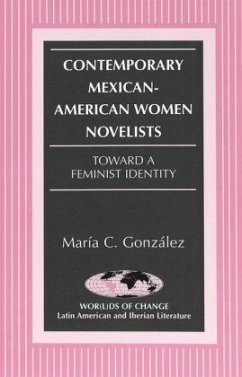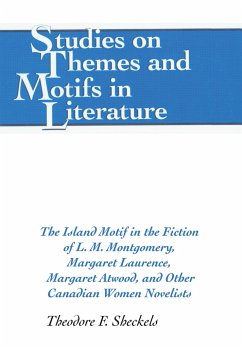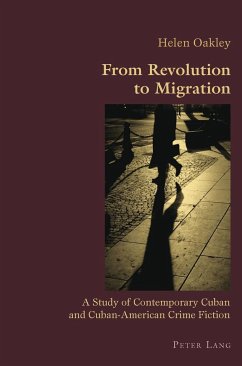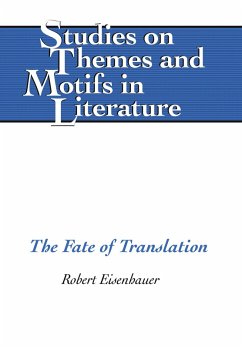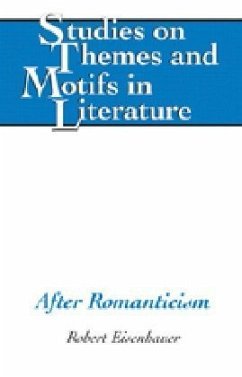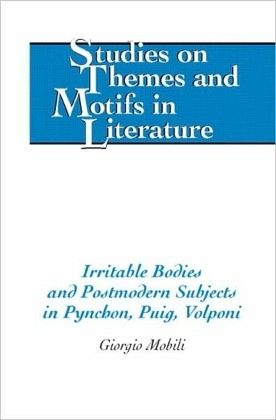
Irritable Bodies and Postmodern Subjects in Pynchon, Puig, Volponi
Versandkostenfrei!
Versandfertig in 6-10 Tagen
97,20 €
inkl. MwSt.

PAYBACK Punkte
0 °P sammeln!
Irritable Bodies and Postmodern Subjects in Pynchon, Puig, Volponi examines the recurrence of violent body figuration in the fiction of Pynchon, Puig, and Volponi, and also in the fiction of several other postmodern authors who published their literature during the last quarter of the twentieth century. Different as they may be, these authors engage in analogous representative strategies, as their prose is frequently and similarly disrupted by obscene images of wounded, torn, or deformed bodies. In their mix of irony and morbidity, in the hyper-reality of their depiction, in the unwarranted, a...
Irritable Bodies and Postmodern Subjects in Pynchon, Puig, Volponi examines the recurrence of violent body figuration in the fiction of Pynchon, Puig, and Volponi, and also in the fiction of several other postmodern authors who published their literature during the last quarter of the twentieth century. Different as they may be, these authors engage in analogous representative strategies, as their prose is frequently and similarly disrupted by obscene images of wounded, torn, or deformed bodies. In their mix of irony and morbidity, in the hyper-reality of their depiction, in the unwarranted, apparently random nature of their occurrence, these shocking outbreaks exemplify an uncompromisingly «irritable» style which is one fundamental element of postmodernist representation. The author argues how through their fascination with obscene material, these writers address burning issues about the significance of the corporeal in a seemingly discourse-defined universe. This book is a great resource for literary graduate students who are interested in a comparative approach to contemporary literature.



